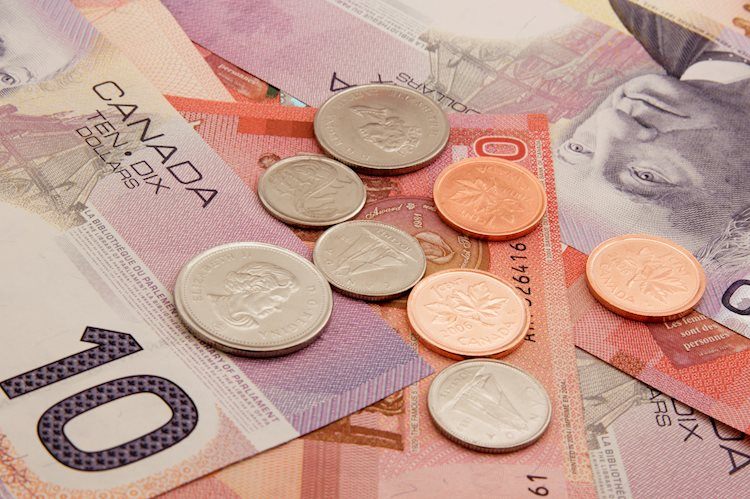As part of a potential resolution to a class-action lawsuit, Apple has consented to allocate a maximum of $14.4 million to Canadians who possessed an iPhone 6 or iPhone 7 and installed a new version of the iOS operating system before December 21, 2016.
Although this amount may be relatively small for a corporation valued at $2.9 trillion (U.S.), it is seen as a positive development for consumers in the country, according to Ken Whitehurst, the executive director of the Consumers Council of Canada, a consumer advocacy group.
The iOS “upgrades” resulted in a significant slowdown of iPhones. Apple asserted that this measure aimed to prevent abrupt shutdowns of older phones with deteriorating batteries, while consumers suspected it was a strategy to prompt them to purchase newer models. Apple has not acknowledged any wrongdoing in this matter.
The B.C. Supreme Court is set to review and approve the settlement on January 29, as indicated by a dedicated website established to educate consumers about their rights in this case. Consumers had until January 10 to opt out of the settlement.
Should the court give its approval to the settlement, consumers will be required to complete a claim form, providing their iPhone’s serial number. Additionally, they must attest that they installed or downloaded iOS version 10.2.1 (for iPhone 6, 6 Plus, 6s, 6s Plus, and SE) or iOS version 11.2 or later (for iPhone 7 and 7 Plus) prior to December 21, 2017.
In accordance with the terms outlined in the proposed settlement, Apple has committed to a payment ranging from a minimum of $11.1 million to a maximum of $14.4 million. Consumers are eligible to receive a maximum of $150 per affected phone. In the event that a higher number of eligible claims are submitted than anticipated, the distribution of the settlement funds will be conducted on a “pro rata” basis, implying that consumers might receive less than $150 per phone.



